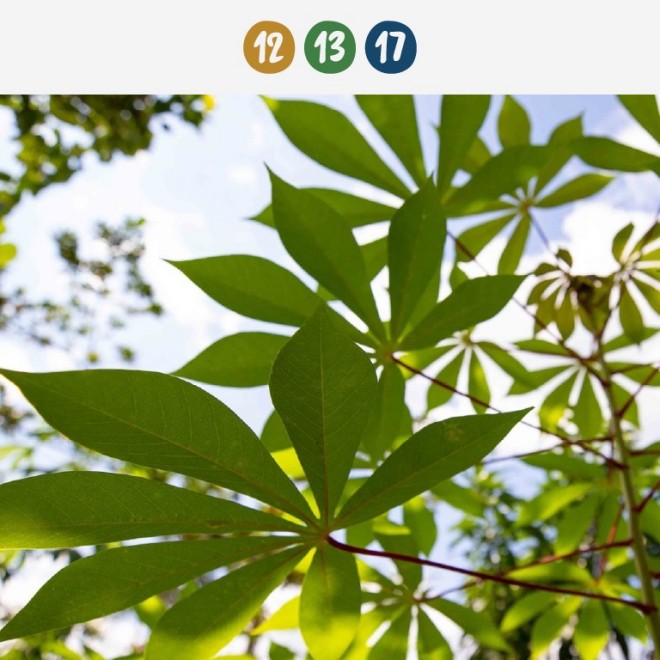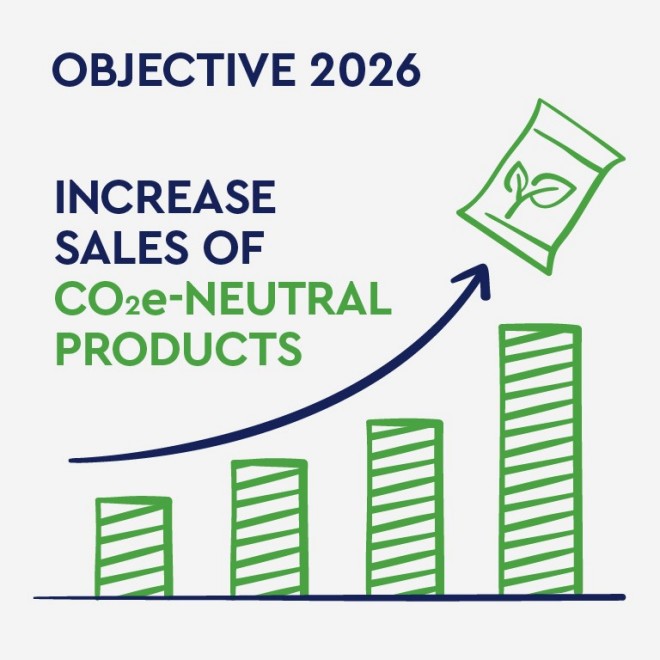
HALBA develops and produces Swiss chocolate, innovative snacks and high-quality baking and cooking ingredients for national and international customers. Its product development method combines Swiss traditions with sustainable values: HALBA’s quality approach is based on regionalism, the company bursts with innovation and business expertise, and it is a pioneer in the field of sustainability.
Since 2019, Réka Szalay has been in charge of HALBA’s Marketing and Sales department. Selling sustainably produced and packaged products is part of her day-to-day work, and demand is rising incessantly. HALBA customers are calling for more and more innovative products with certificates, labels and a transparent and sustainable value chain.
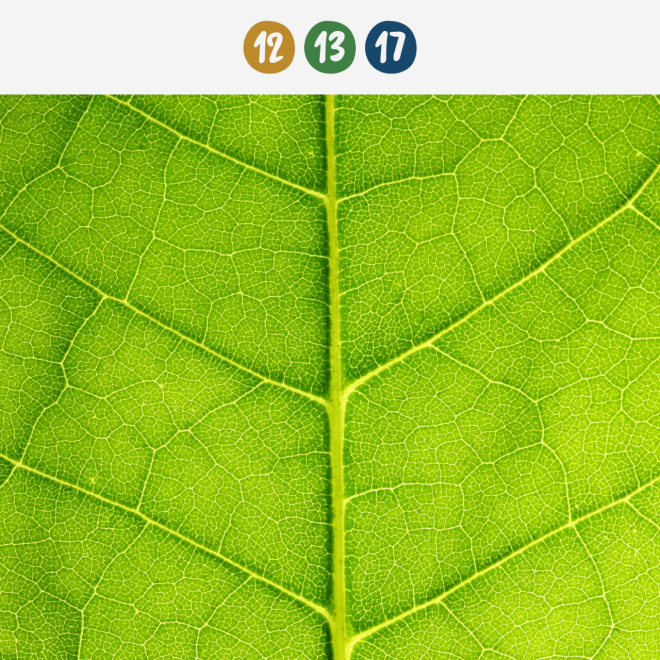
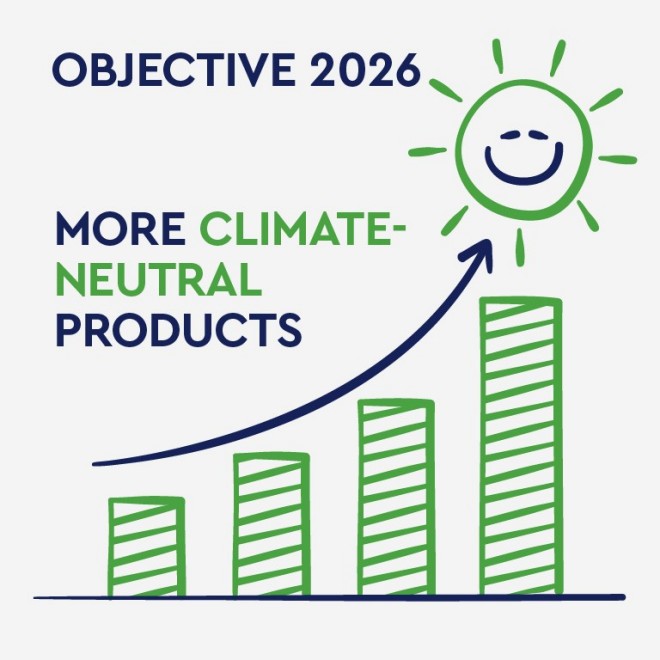
Customer and consumer needs have changed over the course of the past few years. Calls for sustainable products are everywhere. To what extent is HALBA affected by this shift?
Demand for products with a sustainability label is growing continuously. Especially in the chocolate segment, there are barely any customers who prefer products without a sustainability label. At the moment, 90 per cent of our chocolates have it. There is demand in particular for cocoa as a raw material, as its unsustainable, socially unacceptable cultivation methods have been under fire for years. Out of all our snack products as well as baking and cooking ingredients, 57 per cent currently carry a sustainability label. Raising customer and consumer awareness of sustainable nuts and dry fruits is more difficult, as the products come from different countries which all have their own growing methods, so there is no uniform situation. Because of this complexity, the topic is not quite as popular with the media and public.
HALBA produces food for around 100 customers around the world. What sort of requests do customers make in terms of sustainably produced and packaged products?
All markets are somewhat different. But demand for sustainable products is fairly similar across the world: our customers want products with an attractive price and a consistently high quality, and they need to be sustainable to boot. The topic of sustainable packaging solutions has become significantly more visible during the past two years, too. Plastic is on everyone’s lips, even though claims of the environmental friendliness of many plastic alternatives do not hold up to scrutiny at this stage. We have no doubt that the packaging segment will continue to grow strongly in the coming years.
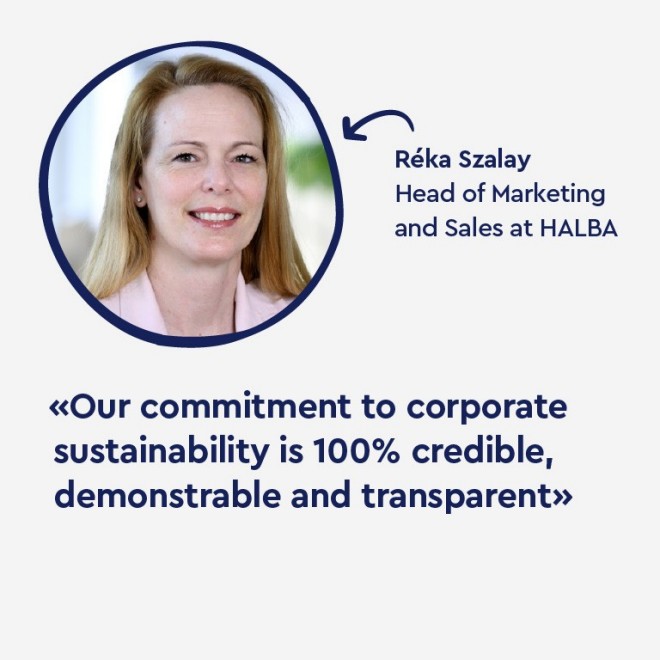
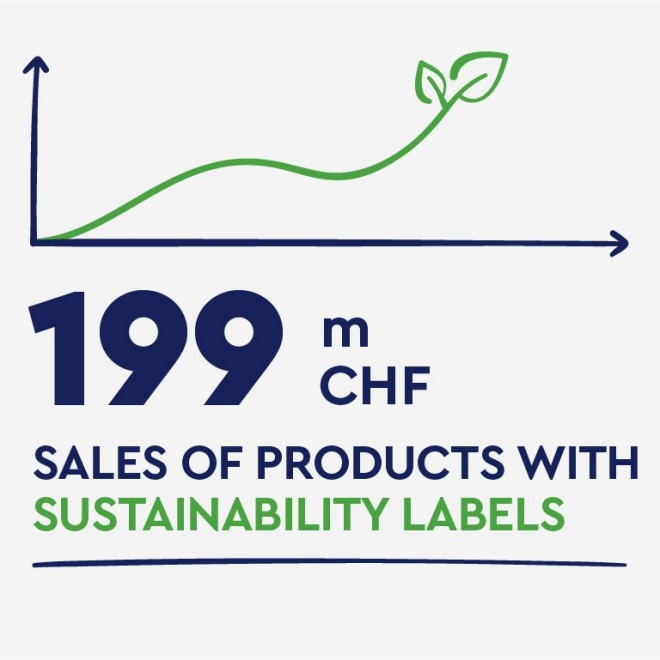
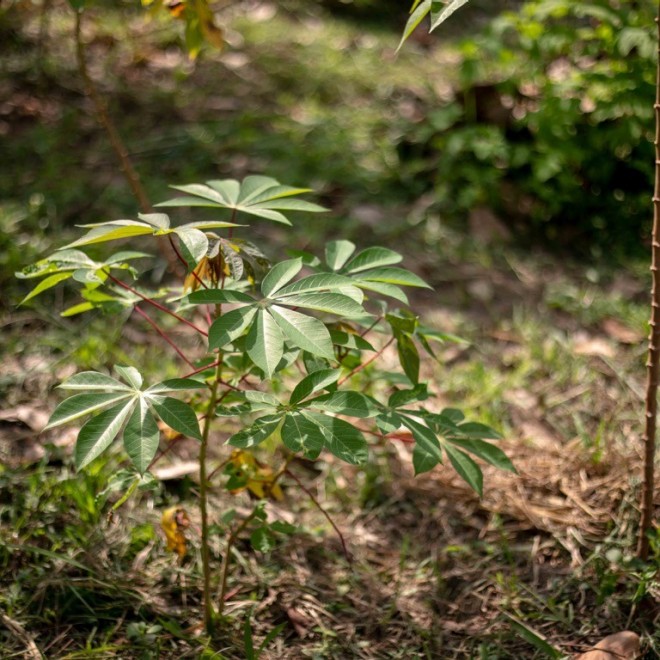
What value does HALBA offer its customers in the area of sustainability?
We focus on high-quality, credible certifications and sustainability labels which have become well established in the market. Over the past years, we have added more and more products with a label: we launched our first Fairtrade chocolate in 1994, our first organic chocolate in 2005 and our first climate-neutral chocolate in 2010. Our customers can choose from a wide range of labels and combinations thereof. We also run pioneering sustainability projects right at the source, in the category of snacks as well as chocolate. We organise and finance projects in eleven countries. These projects are co-funded by the Coop Sustainability Fund, and some also receive funding from international aid organisations, through international development cooperation and from various NGOs. Our customers can profit from this pioneering work and – if they so desire – contribute to projects, too.
How do HALBA customers benefit from this work on location?
Our commitment to corporate sustainability is 100 per cent credible, demonstrable and transparent. “Actions instead of words” has never been more true: we do what we say. We’re on location and we invest on location. This benefits the farmers in the source regions as well as our customers. We support them with detailed project information, training and sustainable cultivation insights and regular updates. Our customers can then use this information for their own marketing purposes. For example, we maintain a successful partnership with Emmi, the leading manufacturer of high-quality dairy products in Switzerland. Our relationship with Emmi is bidirectional: Emmi supplies HALBA. HALBA also supplies Emmi. Various conversations have led to an exchange about sustainability, and our aim is to understand the current projects and goals on both sides, learn from each other and, ideally, create additional value along the entire value chain.
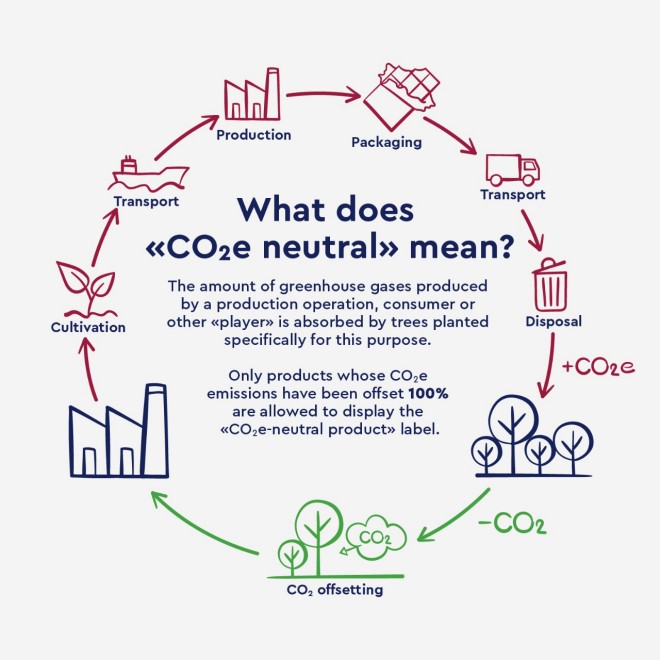
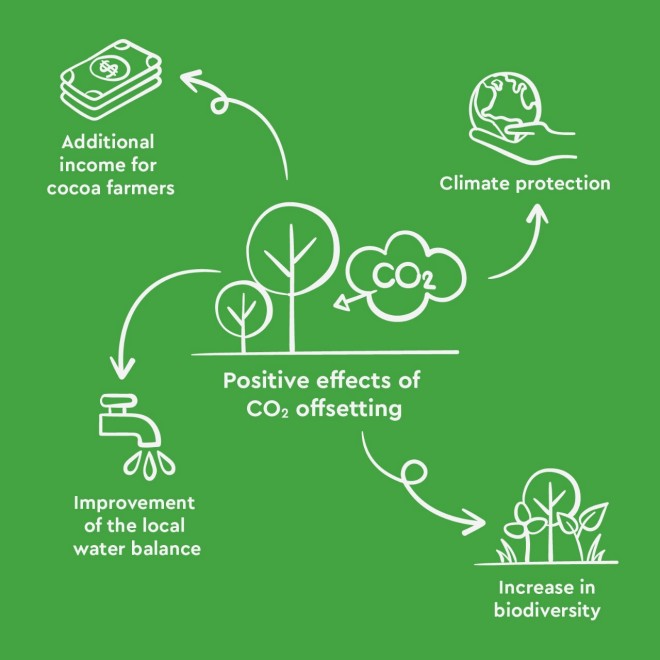
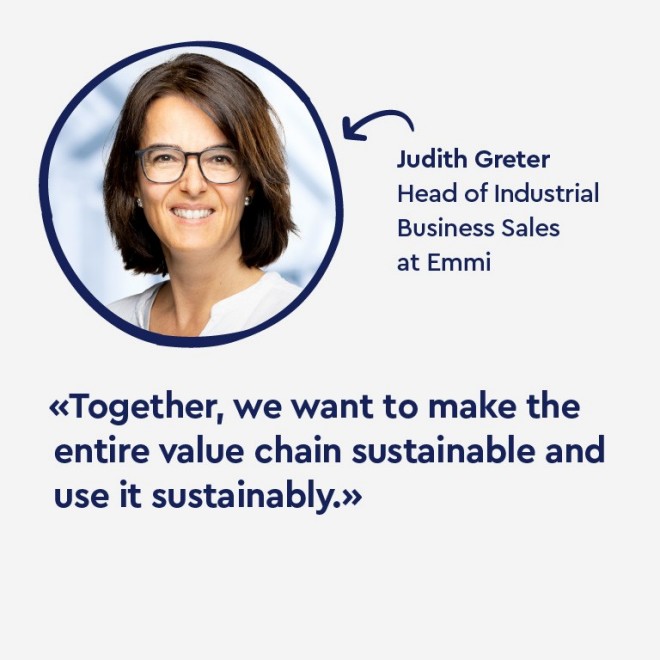
What are Emmi’s sustainability goals?
In line with our company purpose, we are passionate about creating perfect moments of dairy bliss today and for future generations. Our sustainability model is based on a netZERO 2050 vision and focuses on three key areas: employees, society and environment. We have set ourselves ambitious sustainability goals for each of these areas, with a view to achieving them by 2027.
How have Emmi’s standards for sustainably produced and packaged products changed over the past years?
Younger generations shop much more deliberately. They care about the companies behind the products. Environmentally friendly lifestyles are increasingly important. But it is not just consumers asking for greater commitment to the planet: our employees, customers and stakeholders echo their calls. Sustainability is a must these days. At Emmi, it has been an integral part of our corporate philosophy for a very long time.
What value does HALBA offer Emmi with its sustainably produced and packaged products?
Together, we want to make the entire value chain sustainable and use it sustainably. Thanks to an ongoing exchange about various sustainability-related topics, we are improving continuously and moving towards net zero together. We communicate our commitment to the consumers together, motivating them to buy sustainably produced and packaged products.
